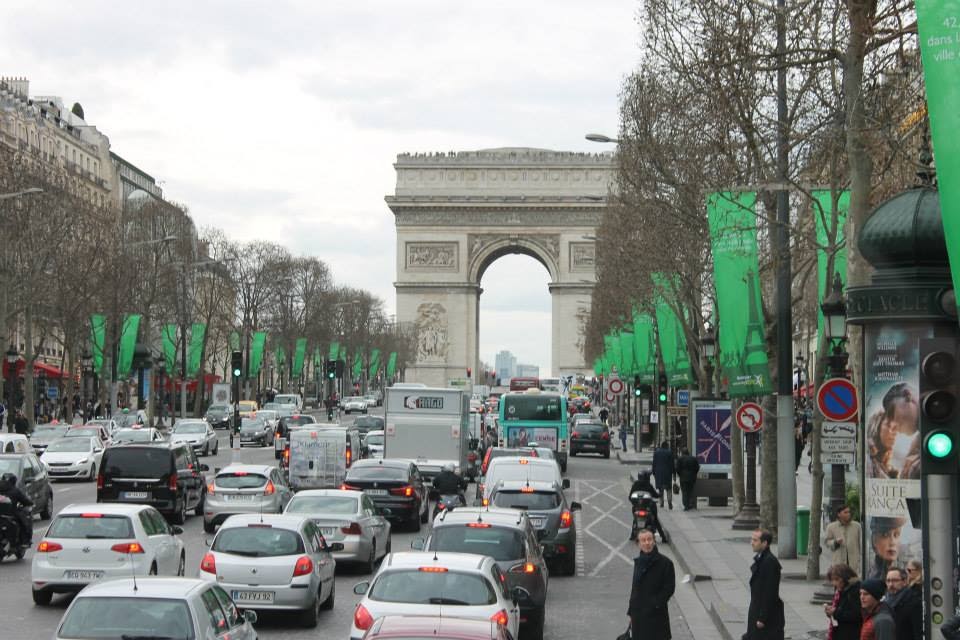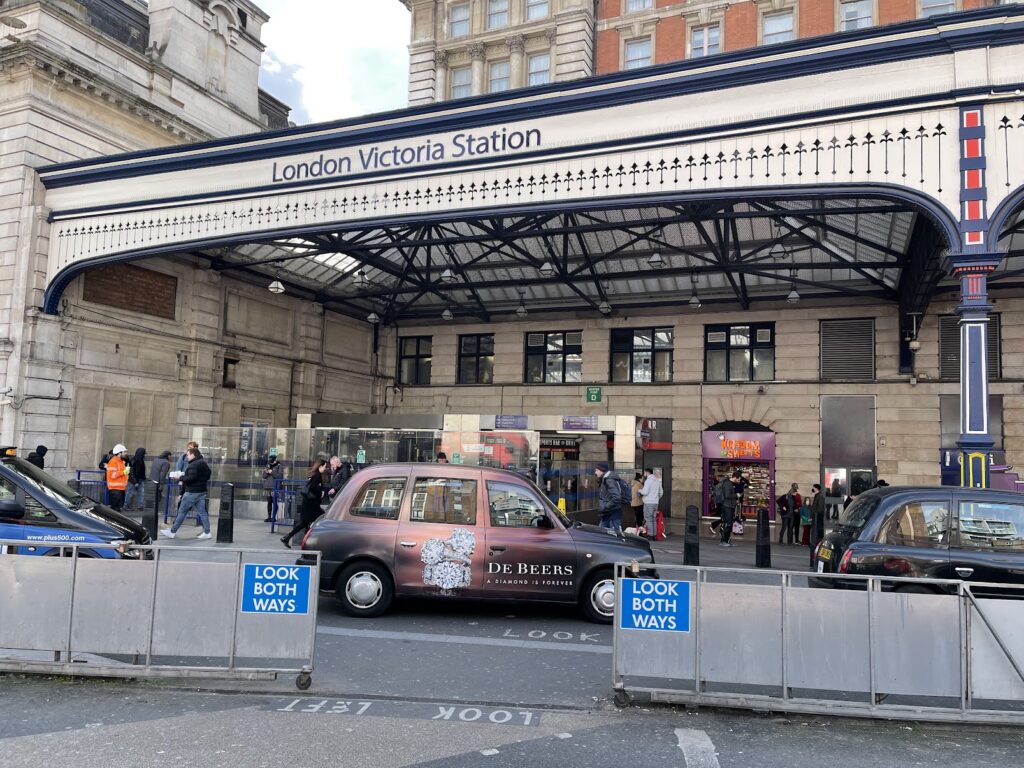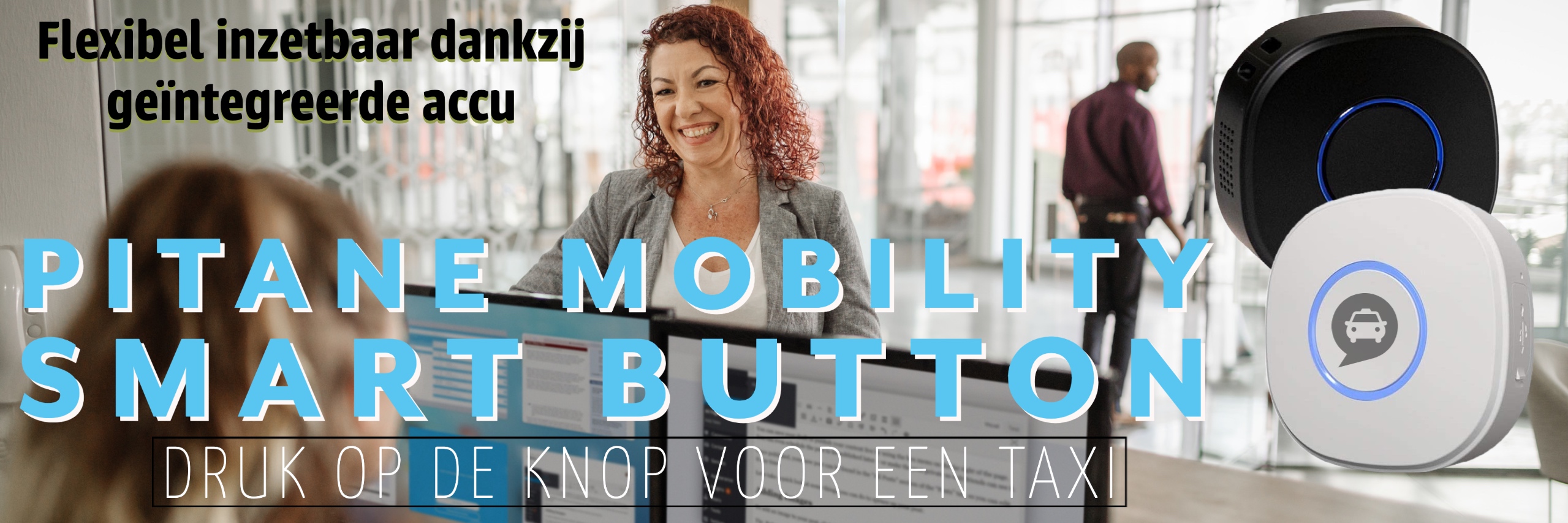However, cheap train travel starts with good research.
Although the train is a popular way of traveling in the Netherlands, the pricing policy of the Dutch Railways (NS) regularly encounters criticism. Why does it seem that you often pay less for a comparable trip abroad? And is there a fair fare system or is the Dutch train passenger simply paying too much?
Europe is a continent that lends itself perfectly to train travel. From picturesque villages in the Alps to bustling metropolises such as Berlin and Paris: the train will take you everywhere. But anyone who takes the train in Europe would do well to familiarize themselves with the rates first. Because although the distances are often comparable, the prices can differ greatly.
A train ticket in the Netherlands is not exactly cheap. In fact, it can be considerably more expensive than similar train journeys in neighboring countries such as Belgium and Germany. For example, take a return trip from Essen to Antwerp. At the Belgian railway company NMBS this costs only €6,60 per person during the weekend. If you make the same trip from Roosendaal via NS, you pay according to research from RTL4, no less than €16,40, despite the fact that the journey from Roosendaal to Essen is only 8 minutes.

The attractive rates of the NMBS led to a record number of bookings for international travel last summer. The connections to France in particular are very popular. This is partly due to the ambition of the NMBS to make international rail travel more attractive and accessible. With tickets for more than 5.500 destinations in 14 European countries, there is plenty of choice.
So it pays to compare prices. For example, if you want to make a trip from Amsterdam to Budapest and book this via NS, you will pay €109,90. But if you book the same ride with MAV-Start, the Hungarian railway company, you can make the journey from as little as €66. And that for exactly the same train and at the same time! There are also sharp price differences in Germany. A ride from Neuss to Dortmund costs about €20 by intercity. But there are much cheaper fares available for regional trains, which often run over longer distances than you are used to in the Netherlands.

It is time to take a critical look at NS's pricing policy and the possibility of introducing more competition to the Dutch rail network.
The large price differences are cause for concern for travel organization Rover. We advocate more competition on the Dutch railways. More providers can lead to sharper rates, although market forces are not always the desired solution in some sectors. The NS argues that the high ticket prices are necessary because of the costs of maintenance and investments in the track and equipment. However, other European countries also have these costs, and yet the prices are lower there.
The NS has a near-monopoly on the main rail network in the Netherlands. Without serious competition, there is less incentive to lower rates. For those who want to travel by train within Europe, it is therefore advisable to compare the rates carefully. Sometimes a small trip across the border can already lead to significant savings. And with the growing focus on sustainable travel, the train as a means of transport will only gain in popularity. However, cheap train travel starts with good research.



